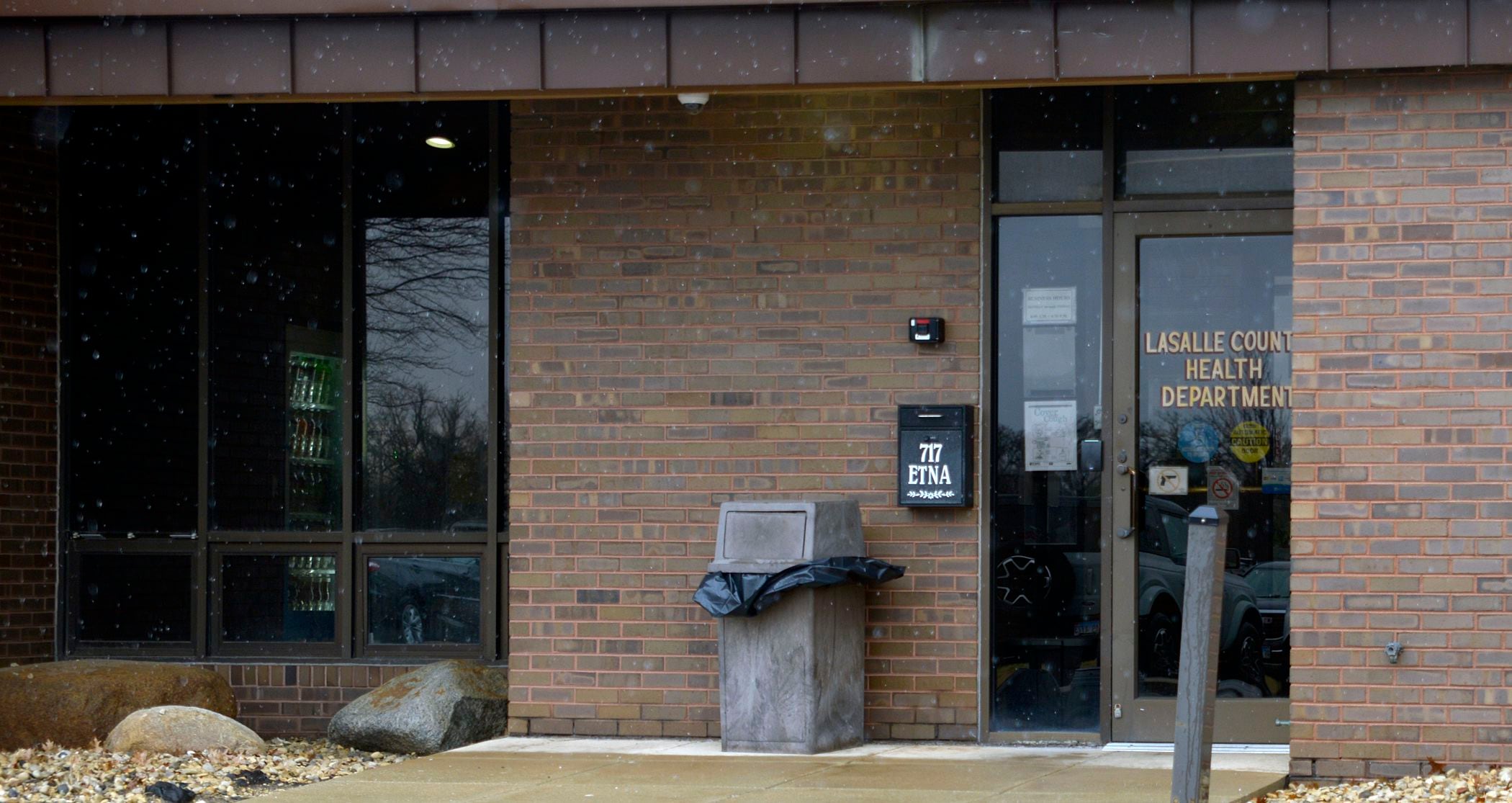A woman with disabilities who uses an electric scooter as a ‘lifeline’ has been stopped from taking it on the bus. For the past five years 33-year-old Jenna Wilmot from Deeping St James has been using an E-scooter to get about. Jenna, who has global developmental delay which causes her mobility issues, had been riding the scooter to the bus stop in Market Deeping, where she catches a Delaine Bus to Bourne for her part-time job at the leisure centre.
But a couple of weeks ago when Jenna went to get on the bus, she was told by the driver that she was not allowed to bring her E-scooter on board. Her mum, Dee Wilmot, said: “She can’t walk that far as she gets exhausted. “It’s her lifeline and it seems incredibly cruel.

” In Lincolnshire it's illegal to use privately owned E-scooters on the road, pavement or in other public spaces. Although, there are some parts of the country where e-scooters are legal and rental schemes operate. Dee and Jenna were not aware of this and are now keen to see a change of law to help people who aren’t comfortable using a mobility scooter.
Dee said: “She’s 33-years-old and doesn’t want to be in a mobility scooter - she wants to fit in.” Delaine Buses has adopted a policy that bans electric scooters from its vehicles, a decision they say is based on safety concerns regarding the fire risk associated with the lithium-ion batteries. It followed guidance from the Confederation of Passenger Transport and the bus company’s insurers.
Dee has challenged the Bourne-based bus company on its decision after being sent a copy of their policy in response to her concerns. She said: “I don’t feel like they’ve given me a satisfactory response. “They aren’t considering it on an individual basis.
“The batteries are the same for an E-scooter as they are for a mobility scooter.” A spokesperson for Delaine Buses said they responded to the enquiries in good faith and in line with company policies. They said: “We believe we provided clear information about the rationale behind the policy, which is grounded in safety considerations and external professional advice.
However, we understand she may not have found the answers satisfactory and regret any frustration this has caused.” The spokesperson added: “Our decision reflects both a duty of care to all passengers and a need to minimise any risk to our staff and fleet.”.
Top

‘E-scooter is my daughter’s lifeline - she should be able to take it on the bus’

A woman with disabilities who uses an electric scooter as a ‘lifeline’ has been stopped from taking it on the bus.











